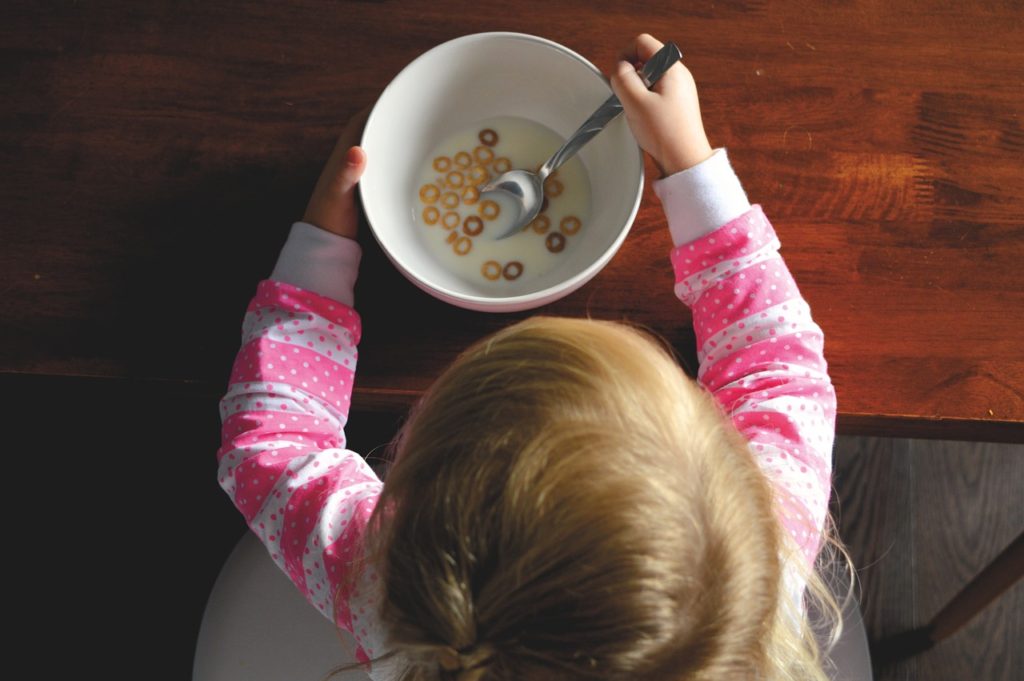
By the time children reach the rebellious teenage years, we hope they will make healthy food choices. It is not unusual for children raised organically or on vegetarian diets to try some fast food and junk food. It is also not unusual for them to further embrace conscious eating by becoming vegan or raw foodies. We hope our children will espouse our values into adulthood. Here are some ideas to help you raise organic kids for life.
Start Them Off Right
From the beginning, feed your child right. Make your own baby food, take them to farmers’ markets, grow a garden, etc. If this does not come naturally for you, and you are making the shift to conscious healthy eating with your first born, there are many resources to help.
 We were sent a delightful book called Organically Raised: Conscious Cooking for Babies and Toddlers by
We were sent a delightful book called Organically Raised: Conscious Cooking for Babies and Toddlers by
1. Organic
2. Mindful
3. Seasonal
4. Flavorful
5. International
This simple philosophy is important to keep in mind when grocery shopping and planning meals for your family.
A cookbook with a conscience, Organically Raised by Anni Daulter with Shanté Lanay shows parents how to replace bland processed shelf staples with flavorful, pesticide-free meals that babies will love, laying the groundwork for a lifetime of good nutrition and enthusiastic eating.
Organically Raised shows families how easy it is to make safe, wholesome food at home and create lasting family mealtime rituals. The simple, seasonal purées for new babies and inventive recipes from around the world for toddlers and young children provide parents with all of the tools they need to raise adventurous eaters.
The cookbook also includes important information about nutrition for children, common food allergies, a handy feeding journal, and inspiring “Mama Mantras” to help parents prepare meals that nurture their children’s bodies, minds, and spirits. With photographs featuring delicious, healthy baby food and recipes that focus on a few basic fresh ingredients, Organically Raised makes cooking for babies and young toddlers easy and appealing to even the most inexperienced cook.
From Sunshine’s Chocolate Tofu Pops to Baby Eva’s “Sweet and Savory” Green Lentil, Sweet Potato, and Broccoli Blend, these recipes will please all ages.
Stock the Pantry Organically
“My kid only wants to eat potato chips.” Parents often complain that their children make unwise food choices when snacking. But who does the grocery shopping? Who buys the potato chips?
A kitchen stocked with only healthy, organic food leaves only one option for snacking. As your child ventures out on their own, it is only natural they may choose unhealthy options with their peers; however, this fad will be short-lived if the groundwork has been laid.
Discuss Environmental Impacts of Food
Conversations around the dinner table can naturally turn to the environmental impacts of the meal. Questions you can ask your kids are:
- How much water do you think it took to grow this food?
- How far did this food travel to get from the farm to our table?
- What was the labor involved in producing our food?
- How much food waste does our family produce?
- How much did this meal cost?
- What is the carbon footprint of our food?

As children get older, choice of conscious raising school projects can help create lifelong commitment. Science fairs, reports, research projects, etc. can further inform children so that they embrace a life of organic eating and living. Seeking and sharing their own information will help the whole family live greener, healthier lives.
Featured Image: StockSnap / Pixabay
If you’re looking for advice on raising kids on a plant-based or vegan diet. http://www.raisevegan.com is a great resource. There’s also a group of 35k parents raising kids vegan called ‘Vegan Pregnancy and Parenting’
I have seen in my friend’s family that his children don’t like vegan foods and now doctors recommended them few vegan foods and his children. Organic foods are good for children.